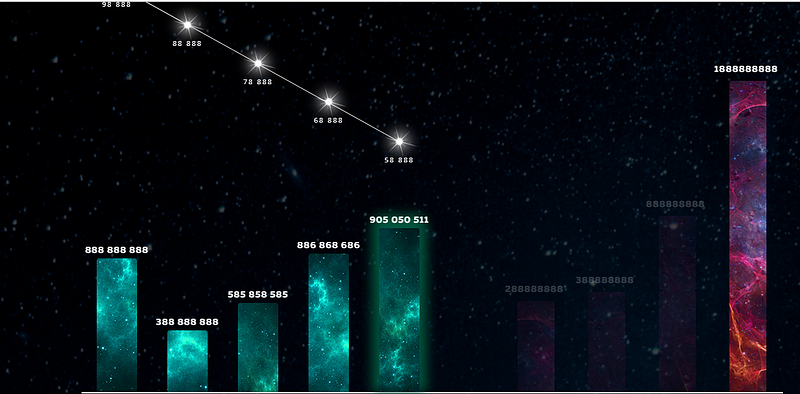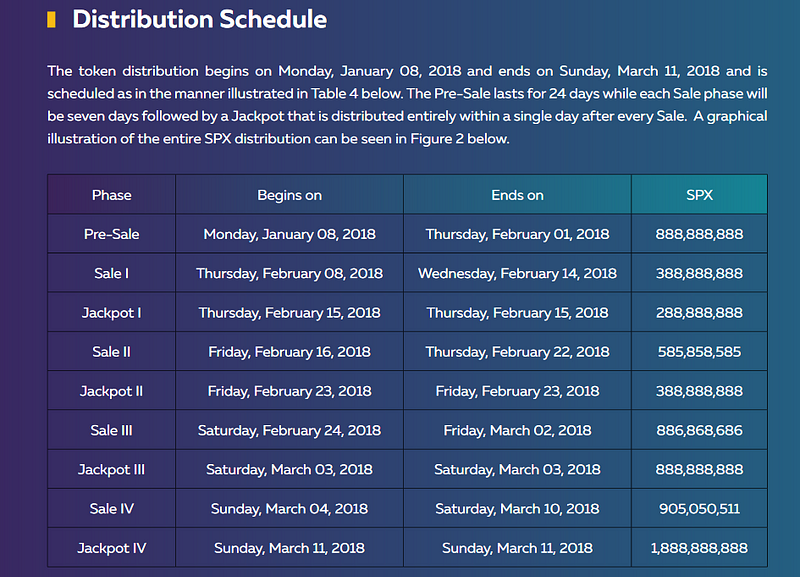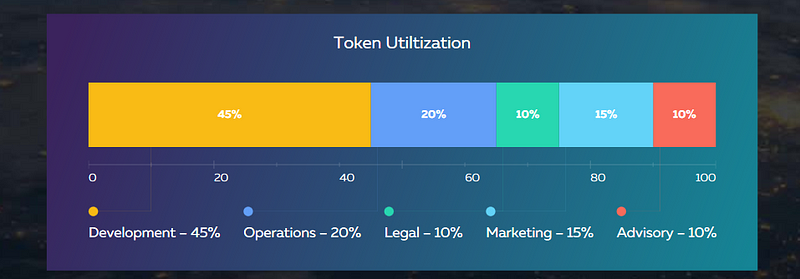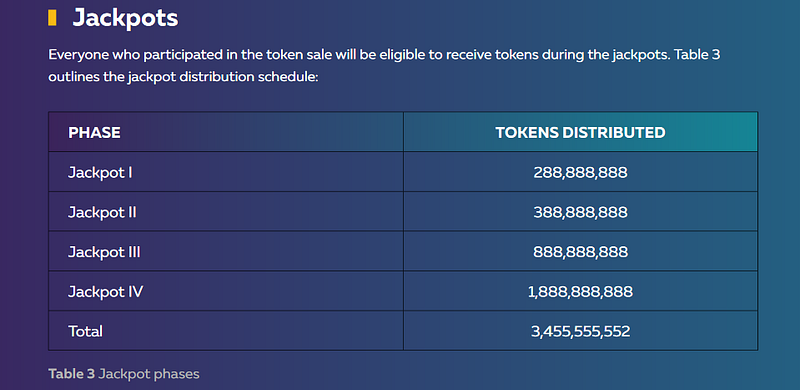
Spade is a blockchain-based platform for developing distributed gaming applications. As a platform for gaming apps with self-esteem, we are equipped with a protocol to generate unbiased randomness. As a team with some aspirations, we can prove it fairly and truly decentralized. We feel it is important to realize the spirit of the business we live in: if blockchain is the source of universal and undeniable truth then it must also be a broadcast channel for randomness. We think that one point of failure must be felt by anyone just as a funny relic of the past.
And yes, our Proof-Of-Stake (POS) is efficient in terms of cost and same time. Spade is built on Ouroboros, the most advanced POS protocol underlying Cardano blockchain. A cradle of an academic approach to blockchain technology, Cardano is a progressive beam that shines forward toward a distributed future of applications.
Industry
In the European Union, the online gambling industry grew by almost 19% from the first half of 2015 to the first half of 2016. The casino industry in particular generated revenues of US $ 2 billion during this period. It is expected that by 2020 this amount will reach US $ 2.25 billion per year representing about 12.5% of growth revenue. In the US for the period 2015 through 2016, online casino revenues increased by 24.4% and are expected to reach US $ 4 billion by 2020. The EU and the US are only a fraction of the casino industry worldwide.
Globally, online casino projections show that for the period 2017-2025 the market will experience spectacular growth of around 130% reaching a phenomenal US $ 97 billion with a cumulative annual growth rate of almost 11%. Currently more than 6 million adults formally participate in worldwide gambling activities with projected up to 10 million by 2020. We further believe that as the advancement of blockchain technology, and spread for the first time in an unbiased history of provable familiarity, these numbers will be a small estimate of proven reality. By removing the various frictions of the gaming market, Spade is set to release the hidden monetary advantage in it. We will not take a cut from it. We are determined to create a friction market for gaming ideas: previously left to casinos and other intermediaries, now going to the community.
Competitor
There are many and varied gambling or gambling gambling projects, but we think only a handful deserves public attention and even fewer approach the three basic issues we discussed earlier. In short, it's enough to say that, unlike Spade none of them, it has been proven to be thorough and rigorous to get a complete and comprehensive solution to all three major issues. For those who are interested in the details, a full whitepaper presents a more in-depth project analysis.
Spade Mechanism
We built Spade on a blockchain called Cardano [25]. The Cardano project itself is a monumental piece of work that embraces the best practices and the furthest innovation to the point of crypto and puts it into one state of the art system. Here we illustrate how Spade provides an environment for designing gambling applications that is characterized by:
- The almost non-existent transaction costs and the Proof-of-Stake-powered scalability that are beyond the reach of other on-chain casino protocols that exist today;
- The mechanism for decentralizing decentralization uniformly over an arbitrary time span.
- Provides rich Smart Contract functionality that enables creativity in game designs that are completely constrained by developer fantasy (and demand for the resulting product of course);
As we have mentioned several times before, justice of the results is very important for gambling, that's the point. Spade uses Cardano to design his ecosystem and thereby solve problems typically associated with the on-chain casino described above.
- Transaction Costs and Scalability: Ouroboros is a Proof-of-Stake protocol, which means that at any given time, a collection of trusted nodes maintains system integrity. This protocol is shown in an experimental setting to withstand some attacks that are known to interfere with other systems and are directly relevant to the gambling protocol.
- The generation of random numbers: finally, and, arguably, most importantly, Ouroboros, the POS protocol underlying Cardano blockchain in its work is entirely dependent on generating an unbiased entropy (ie a uniform distribution). The beauty of the idea is that the blockchain itself acts as a broadcast channel:
Uniform randomness is generated on-chain! In layman's terms, this means Ouroboros:
- Produce a proven random number
- Guarantee everyone will get it. Do not change
We will touch the randomness topic again in the technical section below.
In addition to providing an elegant solution to the existential problem of an on-chain casino protocol, Cardano is the perfect company to solve some less important issues:
- Flexible and customized scripting languages: Cardano is designed by code experts and organized to follow best practices; its scripting language is tailored for financial applications: security and execution can be "very well understood". Any language suitable for finance is a natural candidate for casino development: basic logic (at least from a programming point of view) of both domains is similar.
We just praised Cardano: it's scalable, safe, complex and elegant. The main takeaway, however, is designing a successful POS protocol requiring the same problem solving that limits the creation of a profitable chain casino. With Cardano as the backbone, Spade is set to be the best of its kind, this fit is only meant to be.
- Token distribution begins on Friday, December 08, 2017 and ends on Monday, February 12, 2018 and is scheduled.
- Pre-sale lasts for 14 days while each sales phase will be seven days followed by Jackpot which is distributed entirely within one day after each sale. As long as additional token Jackpots are given to each Sales participant (including Pre-Sale) - token distribution is based on randomly generated different weight factors (see full white paper for details). In short, previously purchasing tokens, more tokens will be allocated to them - for example, if you buy during Pre-Sale you will receive more evidence during Jackpots I, II, III, and IV; Meanwhile, if you buy during Sales III then you will receive a token only from Jackpots III and IV. Also, you previously purchased more "weights" (or an opportunity to take the larger part of Jackpot) that your token will have during the Jackpot phase.

The distribution of tokens as shown in the graph above. The Price Curve shows that we give a discount of 112% (58888 SPX for 1 ETH) for tokens purchased during Pre-Sale, 37% for those purchased at Sale I, 22% for Sale II and 14% for which during Sales I AM I.


In total we will distribute 8,888,888,888 SPX tokens where 20% (1,777,777,777,6 SPX) will remain with the team while others will be sold. In the chart above, we demonstrate how we plan to use the proceeds from the SPX token; Those who live with the team can be used for further development or urgent business requirements (eg consultation or surgery). There is no limit to how many tokens a person can buy and if some tokens are not purchased during the Sales phase will be distributed according to the following schedule:

more info:
WEBSITE: https://sp8de.com/
WHITEPAPER: https://sp8de.com/sp8de_white_paper.pdf
FACEBOOK: https://www.facebook.com/sp8deofficial/
TWITTER: https://twitter.com/SP8DE_Official
By RyanEncek
ETH: 0xaE5e525E57a6117fa00Ae27b57e94b92B1Bf0c51
SP8DE - Blockchain Based Platform for Developing Distributed Game Applications
Langganan:
Posting Komentar (Atom)




Tidak ada komentar:
Posting Komentar